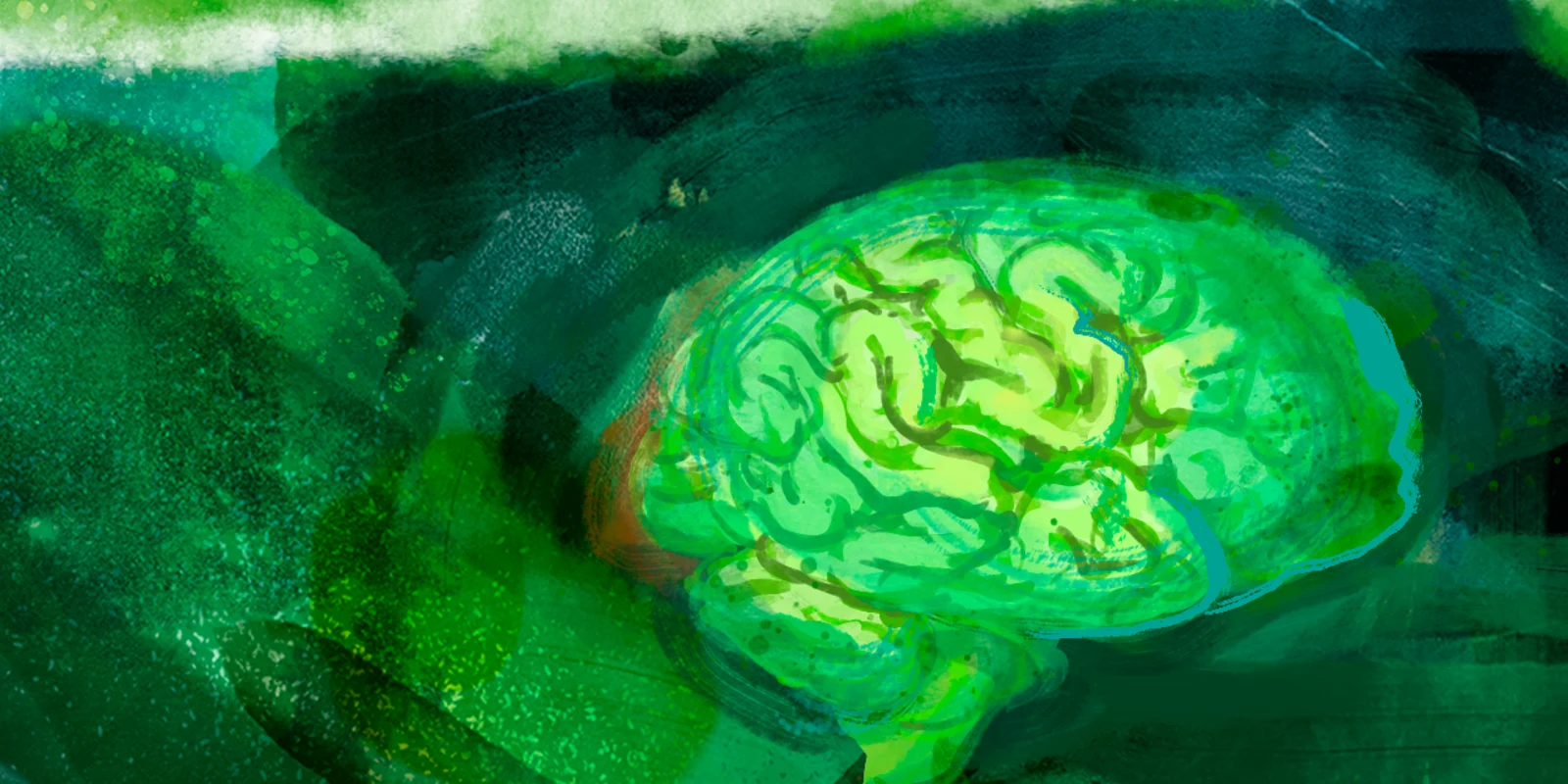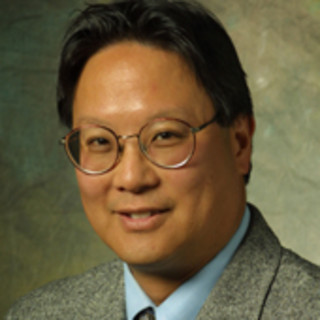
Can a childhood cancer doctor like me have insights about older adults with dementia? A baby acutely ill with leukemia seems like the polar opposite of a woman with Alzheimer’s disease (AD), with her slow, insidious deterioration.
Yet, each disease can be progressive and fatal. I’ve cared for both, in very different ways. As a husband and caregiver, confronting my wife’s AD firsthand, I’m appalled by the lack of effective therapy for her. As a clinical investigator myself, I’m appalled by what I see as a lack of direction in clinical dementia research, a lack of structure, and a lack of ambitious leadership.
The PBS TV documentary Alzheimer’s: Every Minute Counts showed the heart-rending personal devastation of AD and dementia, and the enormous cost of care for those affected with either disease. The documentary ended with a plea for more funding and research for both.
But after decades of research and billions already spent, why aren’t we further along in research? Alzheimer’s is now the 6th leading cause of death in the US, when it was only 13th two decades ago. Many AD experts acknowledge the lack of progress. Last year, two researchers even wrote that seeking an AD cure is a notion “many believe unrealistic,” and that advocating for curative therapy “verges on the promotion of false hope.”
Since my wife was diagnosed, only one new drug (that is really a combination of two older drugs) has been approved for AD. As a pediatric cancer doctor, I’ve watched more than 70 cancer treatments get approved during those same five years.
Even the Alzheimer’s Association plainly states “there is no cure for Alzheimer’s disease”—while not-so-plainly stated is that we don’t know what causes it, how it happens, or how to prevent it.
Of course, we don’t really know what causes childhood leukemia either, how it happens, or how to prevent it, even with our current sophisticated molecular descriptions and theories. But the survival rate for the most common childhood leukemia has gone from less than 10% in the 1960’s to over 90% now, with incremental progress every five years. Most kids are cured with combination chemotherapy that was developed decades ago, before molecular testing.
Most AD funding goes for molecular or non-therapeutic research, at the expense of clinical work. Sickle cell anemia was called the first “molecular disease” over sixty years ago; we still don’t have a cure, even though just this year we might have a gene therapy for it. In AD, the molecular genetics seems more complicated. AD patients have waited years for any therapy, much less one from “precision medicine.” Is this the right strategy?
It’s not all bad news. Last year, three commercial drug trials announced results, and they showed glimpses of hope. Two were reported as failures by the media, but company press releases (TauRx, Lilly) reported modest positive effects. The third drug, coming from Biogen, seemed better at slowing the decline in some patients, but evidently did not stop the disease.
AIDS therapy, like cancer, is an area of medicine that seemed hopeless at first. The leadership of Dr. William Paul, who is widely regarded an “AIDS Czar,” is credited with accelerating clinical progress in that condition. Still incurable, nevertheless AIDS patients’ lives are now extended from months to years.
Nothing has really changed for AD patients over the past five years. Brilliant scientists are working, but in the usual atmosphere of creative academic chaos. There are a few AD clinical trial groups, much like cancer trials groups, but the comparison of their activity is stark. In the state of Washington, there are over 600 cancer studies recruiting patients; in AD there are about a dozen such studies.
Much foundational AD work still needs to be done at the bedside, in overall strategy, trial coordination, informed consents, vigorous subject recruitment and consensus development, so appointing an accountable, identifiable, directive clinical research leader seems like an important way to accelerate progress.
Dr. Ron Louie is a clinical professor of pediatrics at the University of Washington, Seattle. He can be reached at ronlouie@u.washington.edu.
A version of this article was originally published on The Baltimore Sun.






